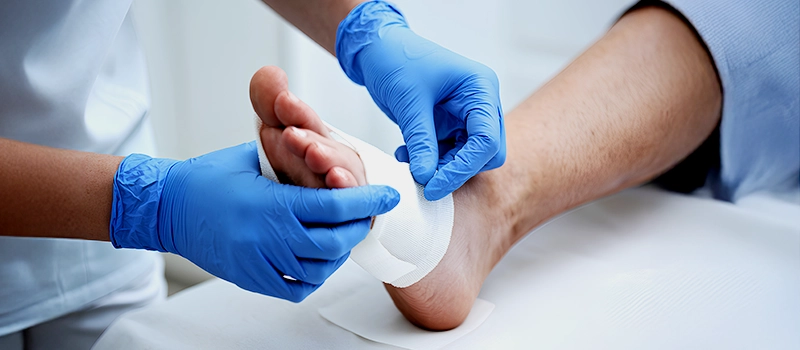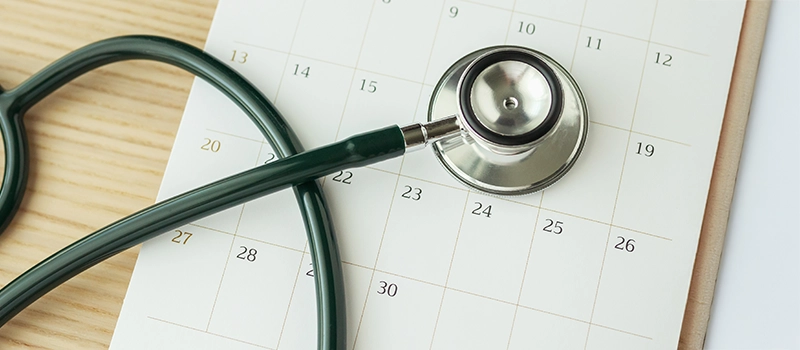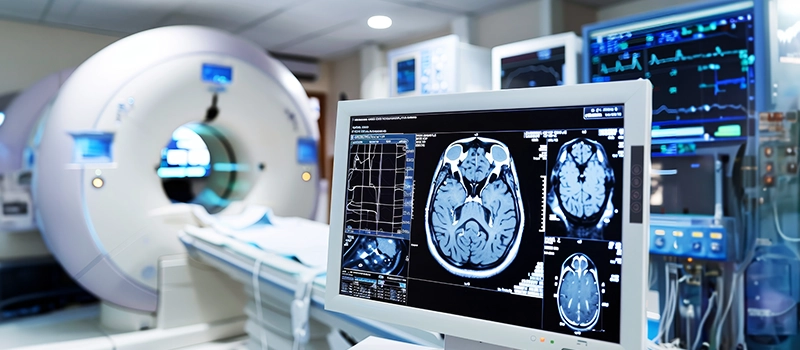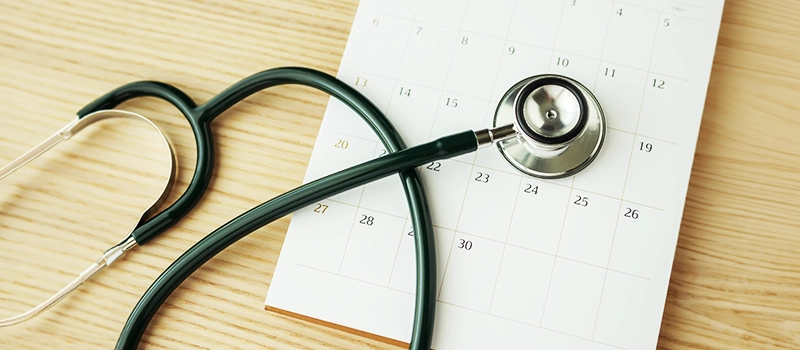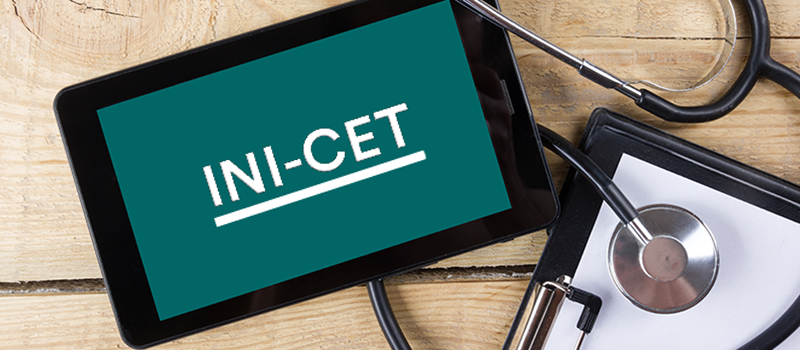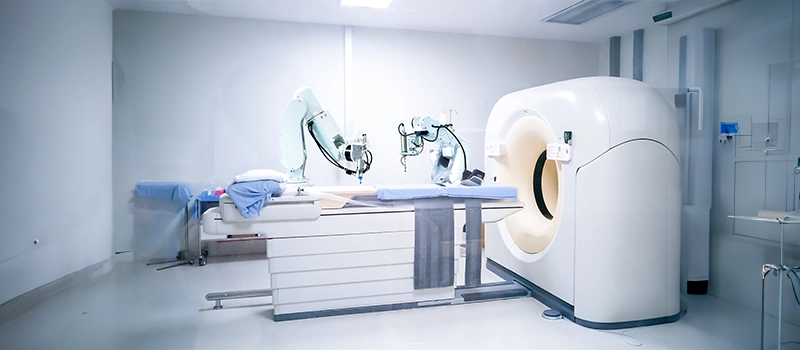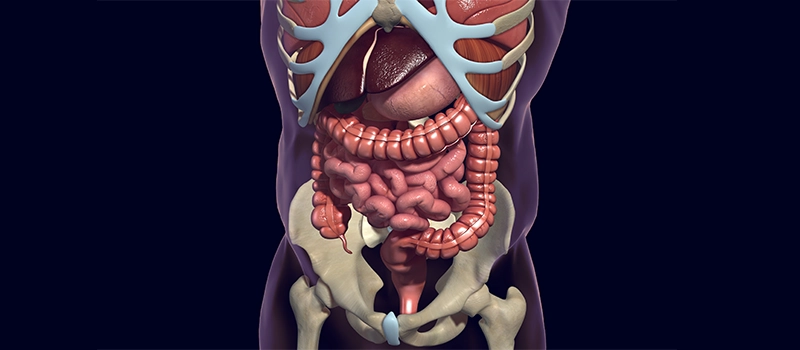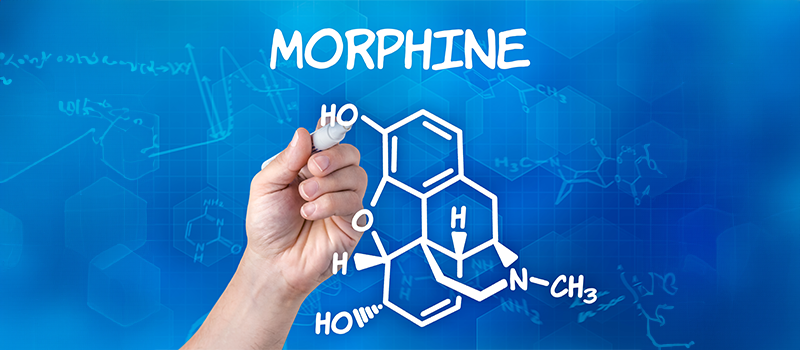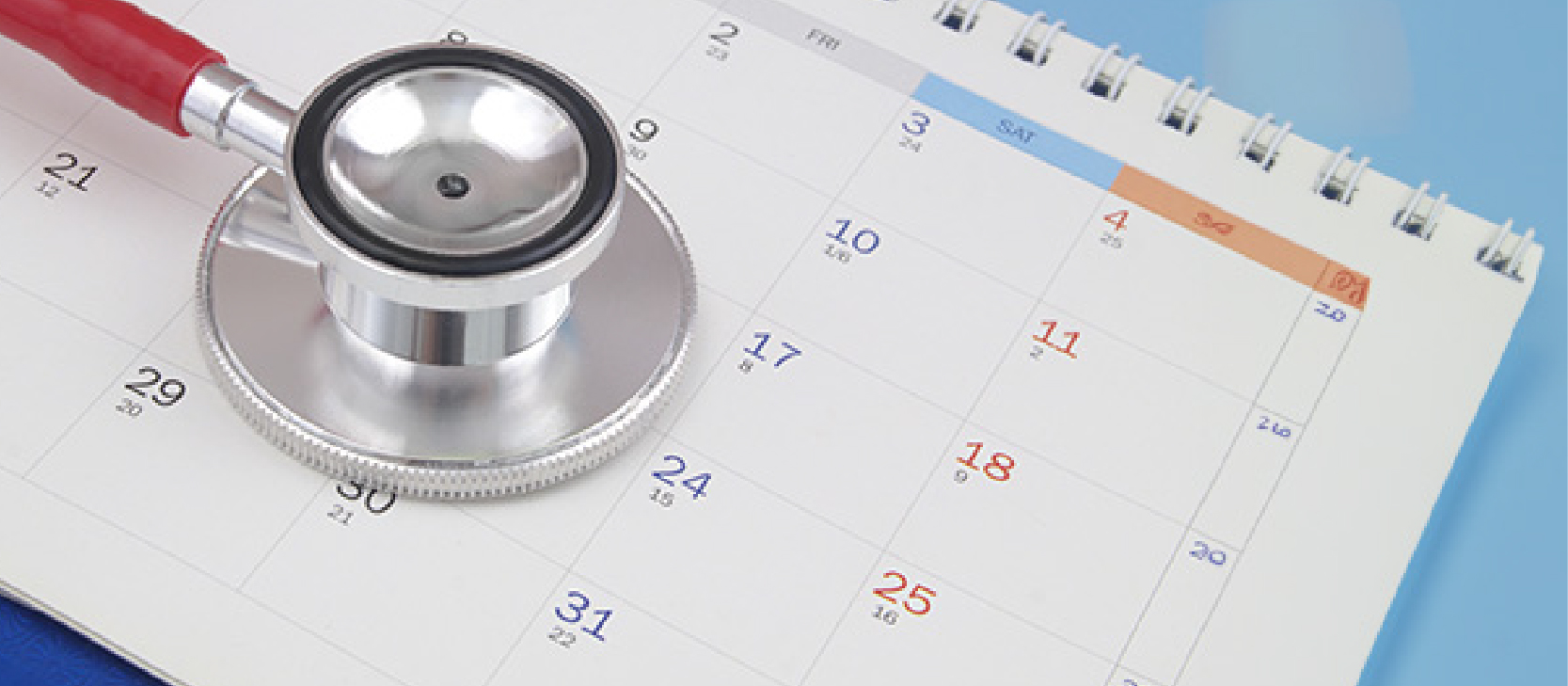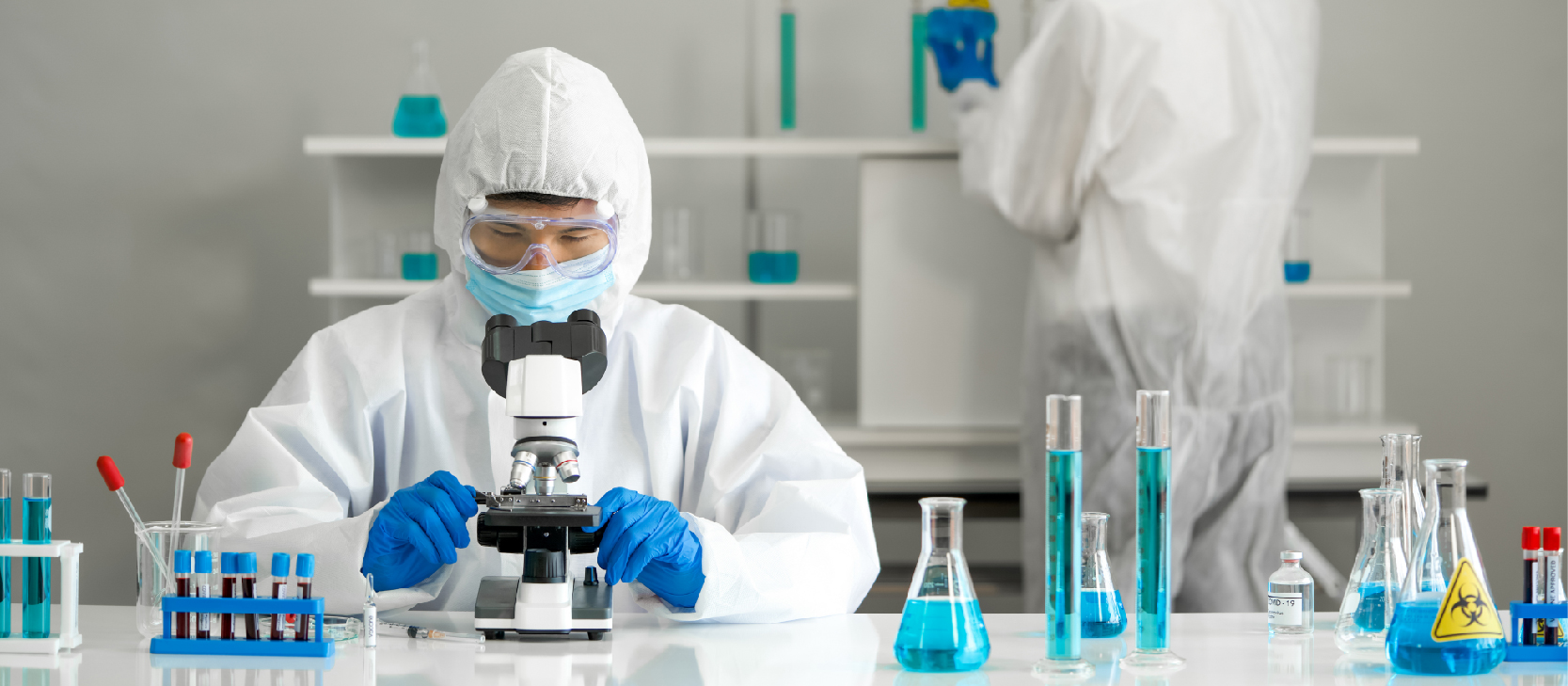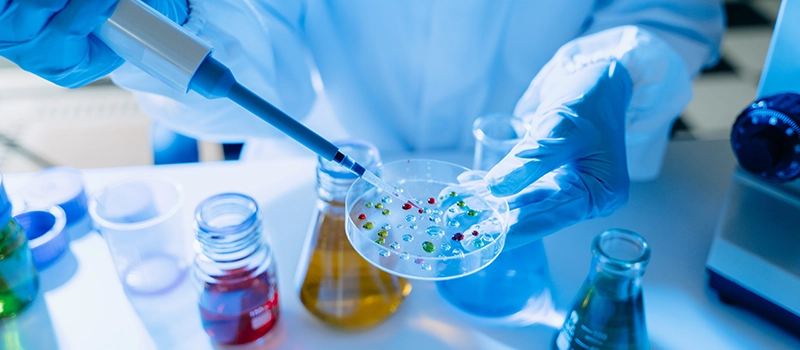
Preparation Strategies for Biochemistry in NEET PG Entrance Exam 2025
Biochemistry can feel intimidating in medical school, especially since its concepts are often abstract and not directly observable like anatomy or physiology. You may not see your body producing ATP or absorbing vitamins, making it challenging to recall. However, with the right mindset and approach, biochemistry can become an invaluable ally in your studies.
The concepts you’ll learn are fundamental across all medical fields. These tiny molecules play a crucial role in sustaining life. Even minor mutations or deficiencies can lead to serious diseases, while many drugs target specific biochemical pathways to achieve life-saving effects. Don’t worry if you lack a strong background in chemistry or biology; with diligence in memorizing and grasping the concepts, you can succeed in this subject.
Tips to Prepare for Biochemistry NEET PG (National Eligibility Cum Entrance Exam)
Students find effective study methods should be tailored to individual learning styles. With the right mindset, they can conquer tricky metabolic pathways and macromolecules. It helps to view these intricate concepts as pieces of a larger puzzle. A key part of mastering biochemistry involves toggling between broad overviews and detailed specifics, understanding how each detailed fits into bigger picture.
What students need to prepare depends on their unique learning preferences. Before starting some might stock up on colored pens and large sheet of paper. Since biochemistry requires a lot of memorizations, setting up a study space with diagrams of the pathways can be beneficial.
Student can also consider online platforms to kickstart their studying if they’re unsure where to start. Using best reference books recommendations by professionals. Flashcards are another fantastic tool whether they buy them from online platforms or create their own as they study, they serve as a great way to reinforce key concepts.
Study Guide for Biochemistry
DigiNerve offers an DigiONE course that can be helpful. It’s a good idea to start by solidifying your inorganic and organic chemistry concepts.
Student plans to study biochemistry independently, they should start by learning the structure and functions of the four main macromolecules in the body: carbohydrates, lipids, nucleic acids and proteins.
This topic is not only extensive but also foundational for everything else they will encounter in their studies.
Understanding these macromolecules is essential. Additionally, enzyme kinetics is important as enzymes act as catalysts for spontaneous reactions and are key topics are like pharmacodynamics.
Once the basics are grasped, students can explore other essential molecules such as vitamins, hormones, and cellular signals. These concepts will serve as the basis for many pathways they will need to learn later and the targets of significant drugs they may encounter in their future practice.
Students should focus on the metabolic and synthetic pathways related to those macromolecules, along with genetics. Its best to tackle this last, as it builds on their understanding of earlier topics and can be quiet challenging.
Students should pay special attention to the rate limiting steps and the products of each pathway as many deficiencies and diseases they will study in clinical subjects are linked to these steps.
While there are numerous cycles (like the Urea Cycle) and many names to memorize, they should not be discouraged success comes from repetition and utilizing effective learning techniques.
Lastly, analytic techniques can be addressed after they have built a solid foundation. Understanding the concepts thoroughly is necessary before they can effectively analyze them.
Here are some of the most important concepts to focus on:
General Chemistry
- Kinetics
- Redox Reactions
- pH
- Oxygen Saturation Curves
Organic Chemistry
- Acid-Base Relationships
- Functional Groups
- Nomenclature
NEET PG 2025 Important Topics for Biochemistry
| Very Important | Fairly Important |
| DNA and RNA | Glycogen Synthesis |
| Amino Acids | Cholesterol Metabolism |
| Lipoproteins | Fatty Acid Oxidation |
| Protein Structure | Ketone Bodies |
| Secondary Messengers | Trace Elements |
| Citric Acid Cycle | HMP Shunt |
| Glycolysis | Starvation |
| Electron Transport Chain | Insulin |
| Enzyme Kinetics | Nitric Oxide |
| Chromatography | Phenylketonuria |
| Collagen/Elastin | GIT Enzymes |
| Fatty Acid Synthesis | Essential Fatty Acids |
| Gluconeogenesis | Enzyme Classification |
| Mutation | Malate Shuttle |
| Niemann-Pick Disease | Glycogen Storage Disorders |
| Glycogenolysis | Fructose Metabolism |
| Serine Protease | Porphyria |
| Diffusion | |
| Vitamins | |
| Chromosome Types | |
| Urea Cycle |
Best Way to Study Biochemistry for Medical Students
Start with Basics
Concepts in biochemistry will be challenging to grasp without a solid understanding of the basics. It’s essential to comprehend the structures of molecules and the reasons behind their functions, as this is where the saying “form follows function” becomes particularly relevant. Gaining this foundational understanding should come before memorization, as many names in biochemistry are derived from the functions of the molecules themselves.
Visual Learning in Biochemistry: Mastering Pathways through Repetition
Repeatedly seeing the cycles is essential for true memorization. Ideally, try to draw them from memory, as this will reinforce your understanding. It may seem daunting due to the numerous steps and enzymes involved, but don’t let it overwhelm you. Start by breaking the pathways into smaller chunks and then link them together.
Repetition is crucial, so revisit the pathways you’ve previously memorized and attempt to redraw them. While this may feel tedious, it will pay off in the long run when you step back and realize you have a solid grasp of the material. Consider color-coding your drawings to make them easier to remember, and adding footnotes can help reinforce important details about each pathway. The key is to improve your ability to recall the steps from memory.
Flashcards and Mnemonics
Memorizing everything perfectly can be incredibly challenging, if not impossible, without the right strategies. For many students, using flashcards can be an effective way to reinforce memory. After memorizing the information, attempting to draw the concepts from memory can further solidify understanding. Mnemonics are also invaluable for recalling difficult concepts. Some people create sentences or even stories to help memorize complex pathways, and often the sillier the mnemonic, the more effective it is.
For example, a popular mnemonic for essential amino acids is “PVT TIM HALL, sometimes Argues but never Tyres, in the BASIC training HAL (hall).” This phrase uses the first letters of the essential amino acids:
- Phenylalanine
- Valine
- Threonine
- Tryptophan
- Isoleucine
- Methionine
- Histidine
- Arginine (semi-essential)
- Lysine
In this mnemonic, the addition of “sometimes Argues but never Tyres” serves to remind students that Arginine is semi-essential while Tyrosine is neither an essential nor a semi-essential amino acid. The term “HAL” refers to the basic amino acids: Histidine, Arginine, and Lysine.
Understanding Nomenclature in Biochemistry
Scientists don’t just randomly create names; there’s a method behind them. In biochemistry, suffixes are invaluable because they are used repeatedly, and they often provide clues about the function and substrate of the compounds.
For example, if memorizing pathway names proves challenging, remember that the names often hint at what’s involved. Take glycolysis, for instance: the first step involves converting glucose into glucose-6-phosphate via the enzyme hexokinase. While that may sound complex, breaking down the terminology reveals its meaning: “Hexo” means “six,” and “kinase” indicates the addition of a phosphate group. Thus, “hexokinase” refers to the addition of a phosphate group to the sixth carbon of glucose, resulting in glucose-6-phosphate.
Another example is the enzyme lactate dehydrogenase. Here, “lactate” refers to the substrate, and “dehydrogenase” indicates that it’s removing hydrogen. So, lactate dehydrogenase catalyzes the conversion of lactate while facilitating the removal of hydrogen ions.
By familiarizing yourself with these naming conventions, students can gain a deeper understanding of biochemical processes and make memorization.
NEET PG Biochemistry Best Standard Books
1. “Biochemistry” by Ramesh K. Goyal
A comprehensive textbook that covers essential biochemistry concepts, with clear explanations and illustrations.
2. “Textbook of Biochemistry” by Dinesh P. K. Dhingra
This book provides a detailed approach to biochemical principles, with a focus on clinical relevance.
3. “Biochemistry: A Comprehensive Guide” by S. K. Gupta
A resourceful guide that includes both basic and advanced biochemistry topics, suitable for medical and undergraduate students.
4. “Biochemistry for Medical Students” by S. S. Jadhav
Tailored specifically for medical students, this book covers biochemical pathways with an emphasis on their clinical applications.
5. “Clinical Biochemistry” by Varun S. Kumar
This text focuses on the clinical aspects of biochemistry, making it a valuable resource for understanding lab tests and diagnostics.
6. “Textbook of Biochemistry for Medical Students” by Vasudevan DM
This edition is designed to be more student-friendly, with content streamlined for easier comprehension. Approximately 30% of unnecessary material has been removed to alleviate the burden of extraneous details for average students. Additionally, the book features improved readability, including a larger font size for enhanced comfort while studying.
7. “Biochemistry” by Satyanarayana
This textbook is renowned and highly recommended for its clear and concise explanation of basic concepts in biochemistry. It effectively combines medical and basic sciences, and is comprehensively written, revised, and updated to align with the curriculum requirements of students in fields such as Medicine, Pharmacy, Dentistry, Veterinary Science, Biotechnology, Agricultural Sciences, and Life Sciences.
Notably, it is the first biochemistry textbook in English featuring multi-color illustrations by an author from Asia.
Frequently Asked Questions (FAQs)
Q1. What is the exam pattern for the NEET PG entrance exam?
Ans. NEET PG entrance exam follows a specific exam pattern that includes multiple choice questions across various subjects, including biochemistry. Understanding the paper pattern is important for effective preparation, it helps students gauge the types of questions they might encounter and the weightage of questions in biochemistry.
Q2. How can student access previous question papers for better preparation?
Ans. Previous question papers are invaluable for familiarizing yourself with the exam format and identifying important topics. Many educational online platforms and coaching institutes provide access to past NEET PG question papers which can help you practice and understanding marking scheme.
Q3. Are mock tests helpful in preparing for the NEET PG exam?
Ans. Yes, taking mock tests is an effective way to prepare for the NEET PG exam. They simulate the actual exam experience, helping students improve their time management skills and understand the negative marking scheme. Regular mock tests also allow student to assess their strengths and weaknesses in biochemistry and other para-clinical subject.
Q4. What are the eligibility criteria for the NEET PG entrance test?
Ans. To be eligible for the NEET PG entrance exam candidates must be medical graduates who hold an MBBS degree or equivalent from a recognized institution. Its important to ensure student meet the eligibility criteria before applying for the exam.
Q5. What are some effective preparation tips for biochemistry in the NEET PG exam?
Ans. To excel in biochemistry, consider the following preparation tips: focus on understanding core concepts rather than rote memorization, utilize diagrams and charts for better retention, regularly review key topics, and practice previous year question papers. Additionally, developing effective time management skills will help students to allocate sufficient time to biochemistry alongside other subjects in study plan.
Related post







